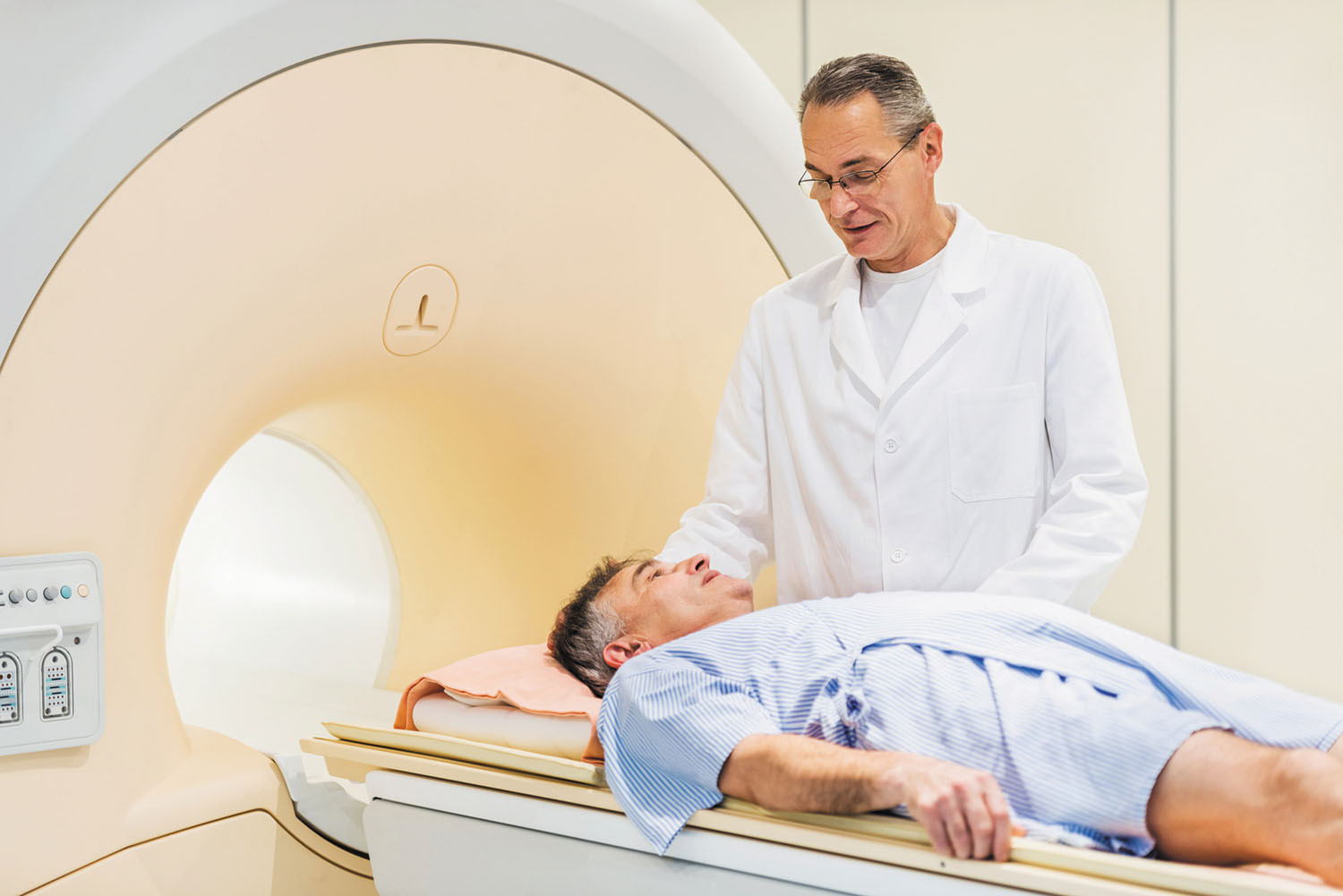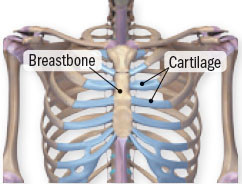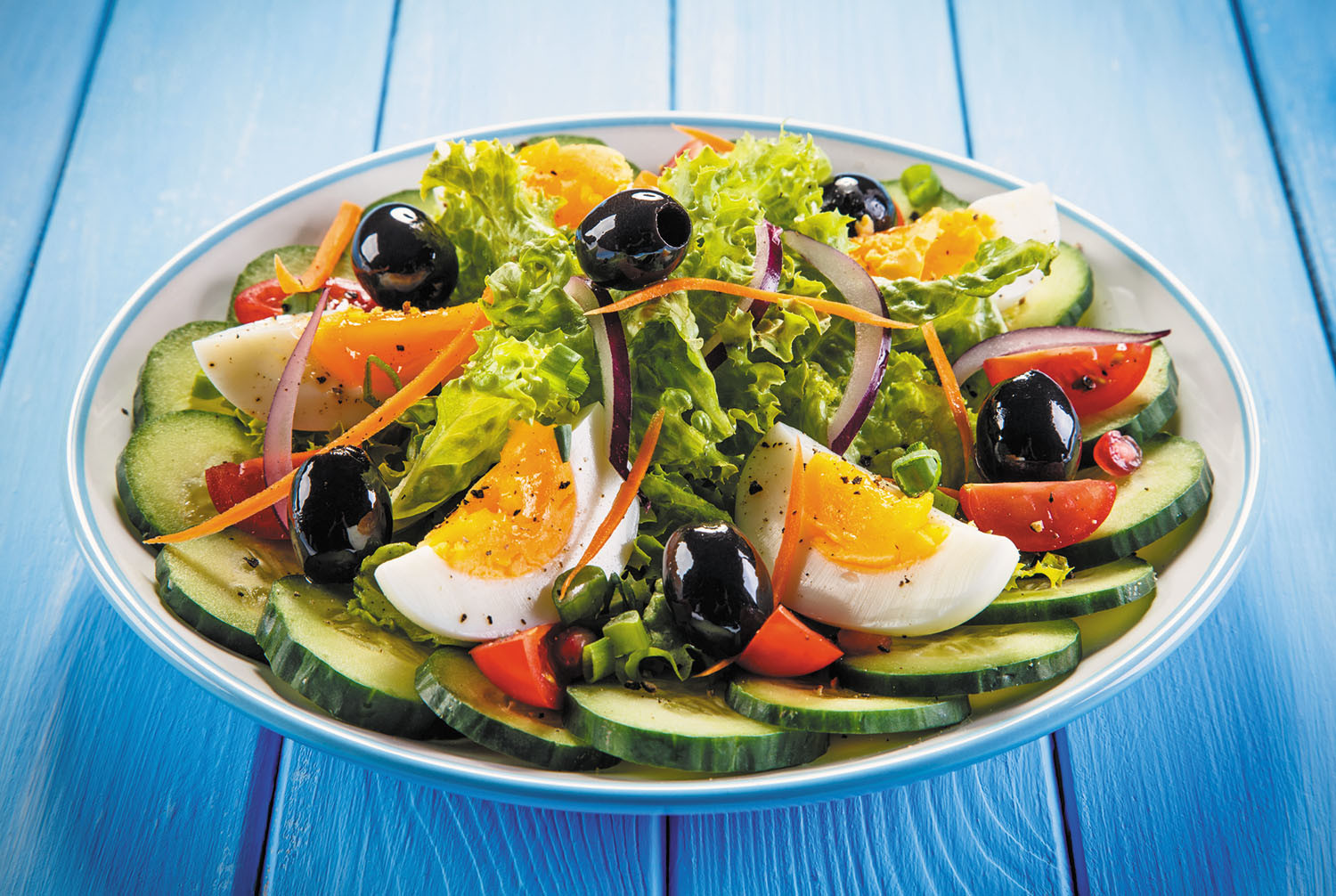
5 timeless habits for better health

What are the symptoms of prostate cancer?

Is your breakfast cereal healthy?

When pain signals an emergency: Symptoms you should never ignore

Does exercise give you energy?

Acupuncture for pain relief: How it works and what to expect

How to avoid jet lag: Tips for staying alert when you travel

Biofeedback therapy: How it works and how it can help relieve pain

Best vitamins and minerals for energy

Should you take probiotics with antibiotics?
Heart Health Archive
Articles
A diet that may stave off heart failure
Research we're watching
A plant-focused diet long touted for its ability to lower blood pressure may also help prevent heart failure, according to a new study.
The DASH diet, which stands for Dietary Approaches to Stop Hypertension, emphasizes fruits, vegetables, whole grains, low-fat dairy products, poultry, fish, and nuts while minimizing salt, sugar, and red meat consumption.
Brushing up on heart health
Research we're watching
Taking good care of your teeth — including twice-daily brushing and at least yearly professional cleanings — seems to be linked to better heart health, according to a study in the April 7 European Heart Journal.
The findings were based on data from nearly 248,000 healthy adults ages 40 and older who were part of a national health screening program in Korea. Researchers tracked study participants for a median of 9.5 years and noted higher rates of heart-related problems among individuals who had periodontal (gum) disease or who had lost teeth.
Do you need a calcium scan?
This noninvasive test can predict plaque in the heart's arteries. But it is useful only in certain situations.
Imagine a 57-year-old man (let's call him Bill) who's in pretty good health — a nonsmoker who eats right and exercises regularly. He takes two drugs to treat high blood pressure. Even though his LDL (bad) cholesterol isn't all that high, his primary care doctor suggests that Bill consider taking a statin to lower his risk of a heart attack.
Bill is a little hesitant to add another drug to his daily regimen, so his doctor tells him about a test that may help with the decision: a coronary artery calcium scan. This noninvasive test, which can reveal dangerous plaque in the heart's arteries, has been available for more than a decade. But calcium scans (as they're often called) are now recognized in official guidelines and are being used far more often than in the past, says Dr. Ron Blankstein, a cardiovascular imaging specialist and preventive cardiologist at Harvard-affiliated Brigham and Women's Hospital.
Chest pain that's not a heart attack
Ask the doctor
Q. My brother went to the emergency room because he thought he was having a heart attack. Instead, he was diagnosed with costochondritis. What is that?
A. Costochondritis is caused by inflammation of the cartilage between the ribs and the breastbone, called the costosternal joints (see illustration). This uncommon condition can trigger a stabbing, aching pain that's often mistaken for a heart attack.
Not so fast: Pros and cons of the newest diet trend
Intermittent fasting promises better health and longer life, but does it work?
The obesity epidemic has spawned a cottage industry of weight-loss schemes. Currently in vogue is intermittent fasting, which involves alternating intervals of extreme calorie reduction with periods of normal eating. Proponents of an intermittent fasting regimen claim that it helps shed pounds faster than traditional diets, as well as reduce inflammation and other heart disease risks.
What is intermittent fasting?
All diets achieve weight loss through the same equation — you take in less food energy each day than your body burns for normal activity. Intermittent fasting achieves this goal by severely limiting calories during certain days of the week or during specified hours during the day. The theory is that intermittent fasting will help decrease appetite by slowing the body's metabolism.
Why not flaxseed oil?
There's no mercury to worry about, and flaxseed oil does contain omega-3 fats...but not the best kind.
Troll the medical literature, and you'll come up with study after study showing that fish and fish oil are good for us, especially for our hearts but maybe also for our moods and immune systems. Various epidemiologic investigations have found that people who eat fish regularly are less likely to have heart attacks, suffer strokes, or die from sudden cardiac arrest. The definition of "regularly" varies, but it usually means at least a couple of times a week, although eating fish even once a month has been shown to make a difference.
Fish, and especially fish oil, have also been the subject of dozens of randomized clinical trials, most involving people with existing heart conditions. In large amounts (several grams a day), fish oil has been shown to nudge various cardiac risk factors ("good" HDL cholesterol, triglycerides, blood pressure) in the right direction.
The DASH diet: A great way to eat foods that are healthy AND delicious
The DASH diet has already been shown to lower blood pressure, and a new study found that people who followed it closely had a lower risk of heart failure. Try these suggestions to incorporate the DASH diet into your daily eating pattern.
Digesting the latest research on eggs
Another study is questioning the healthfulness of eggs, but whether or not you should eat fewer eggs depends on your overall diet and your risk of cardiovascular disease.
Unscrambling the message on eggs
Advice about eating eggs has evolved over the years. Should you go easy on this popular protein source?
Over the years, eggs have taken a bit of a beating, starting in the late 1960s. That's when the American Heart Association advised people to cut back on cholesterol in their diets and to eat no more than three whole eggs a week.
Decades later, eggs got a break after studies suggested that for most people, an egg a day was A-OK for heart health. But a recent report cracked down on eggs once again, suggesting that we return to the yolk-rationed days of yore (see "No yolk: Eggs linked to slightly higher risk of heart disease").

5 timeless habits for better health

What are the symptoms of prostate cancer?

Is your breakfast cereal healthy?

When pain signals an emergency: Symptoms you should never ignore

Does exercise give you energy?

Acupuncture for pain relief: How it works and what to expect

How to avoid jet lag: Tips for staying alert when you travel

Biofeedback therapy: How it works and how it can help relieve pain

Best vitamins and minerals for energy

Should you take probiotics with antibiotics?
Free Healthbeat Signup
Get the latest in health news delivered to your inbox!
Sign Up











